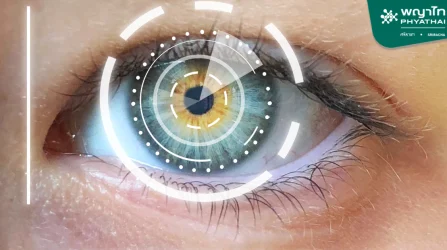As you get older, your body gradually sends signals at certain times. It is believed that one common symptom among many elderly people is indigestion and discomfort in the stomach, as if the food is not being digested properly.
For further information or Booking..
It often occurs after finishing a meal. People resort to antacids or aromatic medicines to relieve the symptoms, thinking it’s just a case of indigestion. But do you know, elderly folks, that this could be a sign that you have gallstones?
When you have gallstones, you may experience the following symptoms: Although 50% of people with gallstones may not show any symptoms at all, in cases where symptoms do appear, you may feel indigestion and discomfort, like undigested food. You may have intermittent, cramp-like pain below the rib cage that comes and goes. It may take several hours for the pain to subside. If left untreated for a long time or if it becomes severe and infected, the pain may radiate to the right hip area, accompanied by nausea and fever. Some people may mistake it for stomach pain caused by gastric problems, leading to ineffective treatment.
Why do gallstones cause such abdominal pain and bloating?
The gallbladder functions as a reservoir for bile produced by the liver to digest fats in food. When we consume fatty food, the gallbladder releases concentrated bile to digest the fat. When there are gallstones, which are caused by an imbalance of components in the bile, it leads to the precipitation of cholesterol and the formation of gallstones. This interferes with the complete digestion and absorption of fats by the digestive system, resulting in increased instances of indigestion, abdominal pain, and bloating, especially after consuming fatty foods.
And did you know, elderly people, that the main cause of gallstone formation is a prolonged habit of consuming high-fat foods?
Therefore, if you realize that you have a preference for fatty foods since your youth and you start experiencing frequent indigestion and discomfort after meals, it is advisable to promptly consult a doctor to assess the risks and seek appropriate treatment rather than enduring this stomach pain throughout your life.




















